
UNI PSB is a high-efficiency, phosphate-solubilizing biofertilizer formulated with the powerful and naturally occurring bacterium Bacillus megaterium. Designed to enhance soil fertility and crop productivity, this liquid formulation offers a sustainable and eco-friendly solution to optimize phosphorus availability in the rhizosphere.
Dose of PSB
1 Ltr for 1 acre land (soil application)
Benefits of PSB
Stimulates better root growth, allowing plants to absorb water and nutrients more effectively.
Enhances plant vigor, flowering, and fruiting, leading to higher yields and better-quality produce.
Converts unavailable forms of phosphorus (like rock phosphate) into plant-available forms, enhancing nutrient efficiency.
Enhances microbial activity in the soil, leading to long-term soil health and fertility.


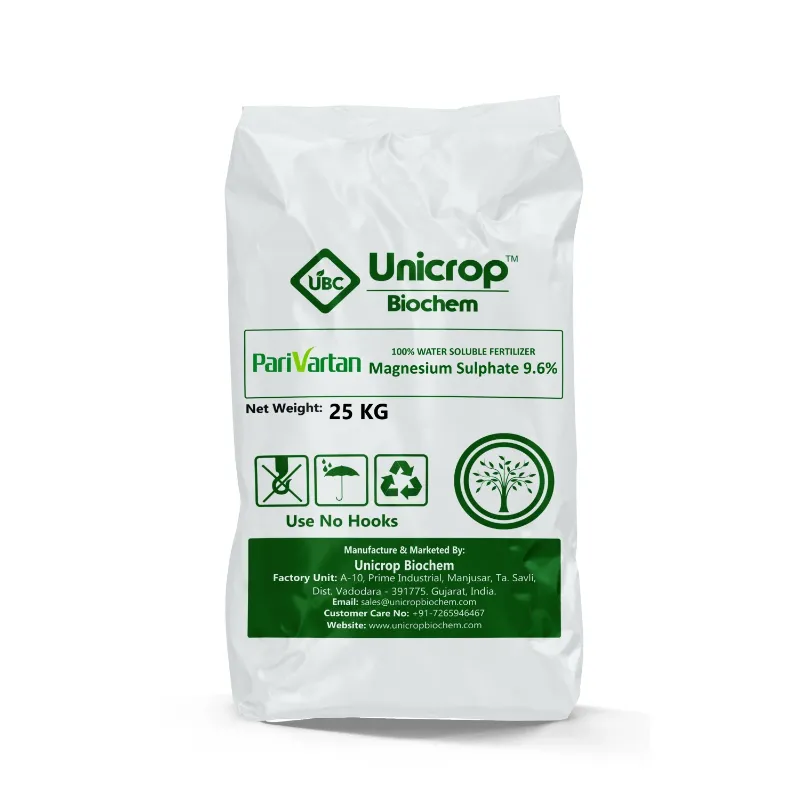

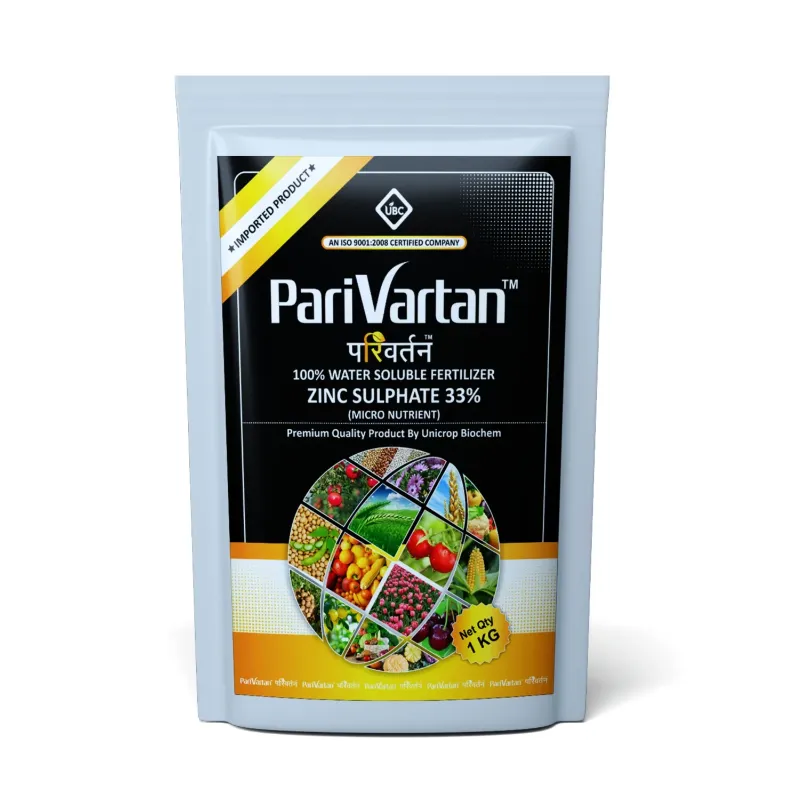

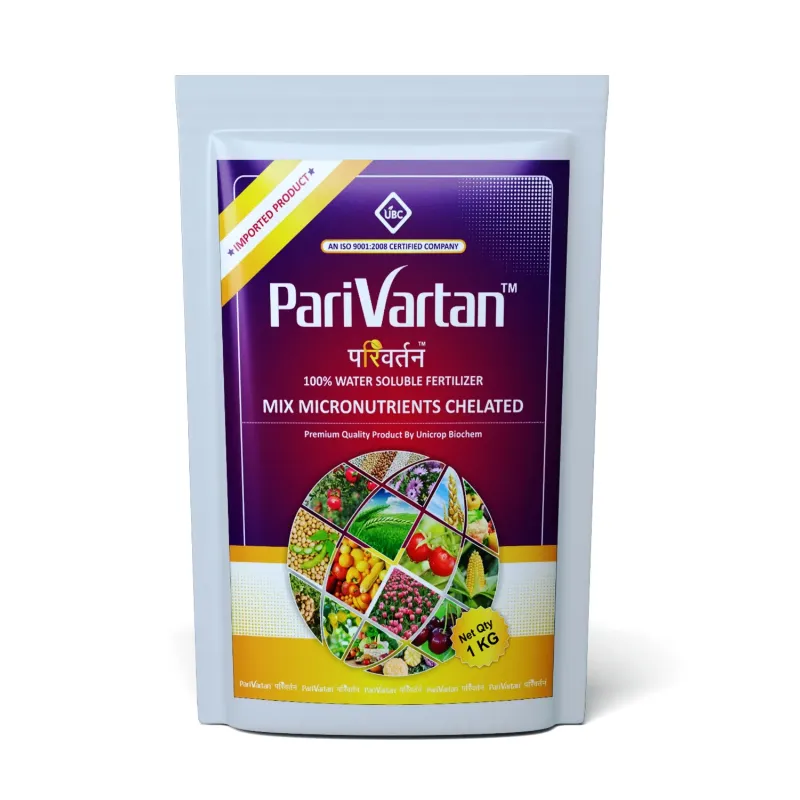

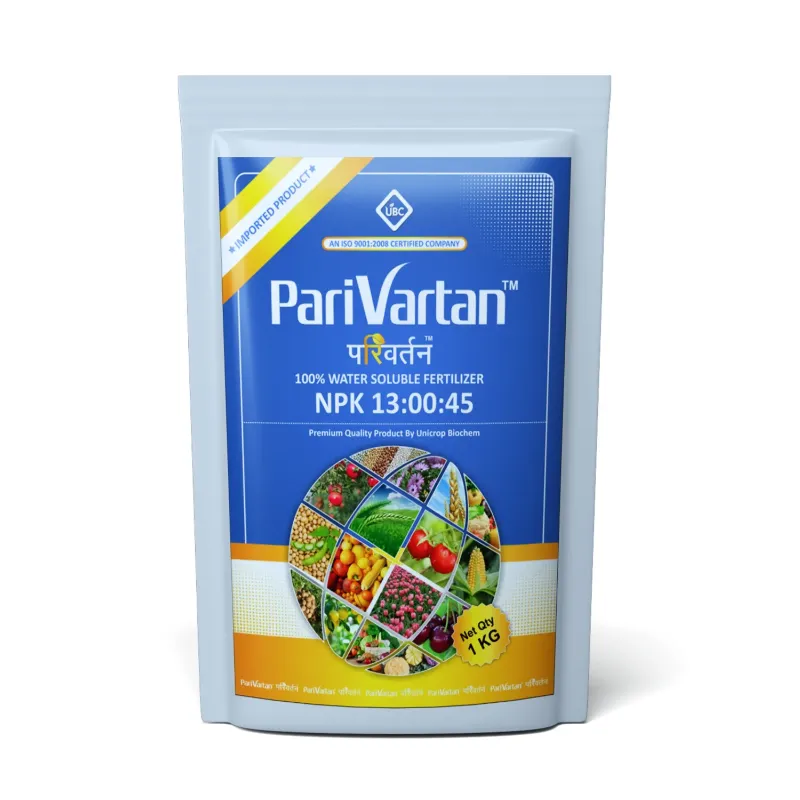
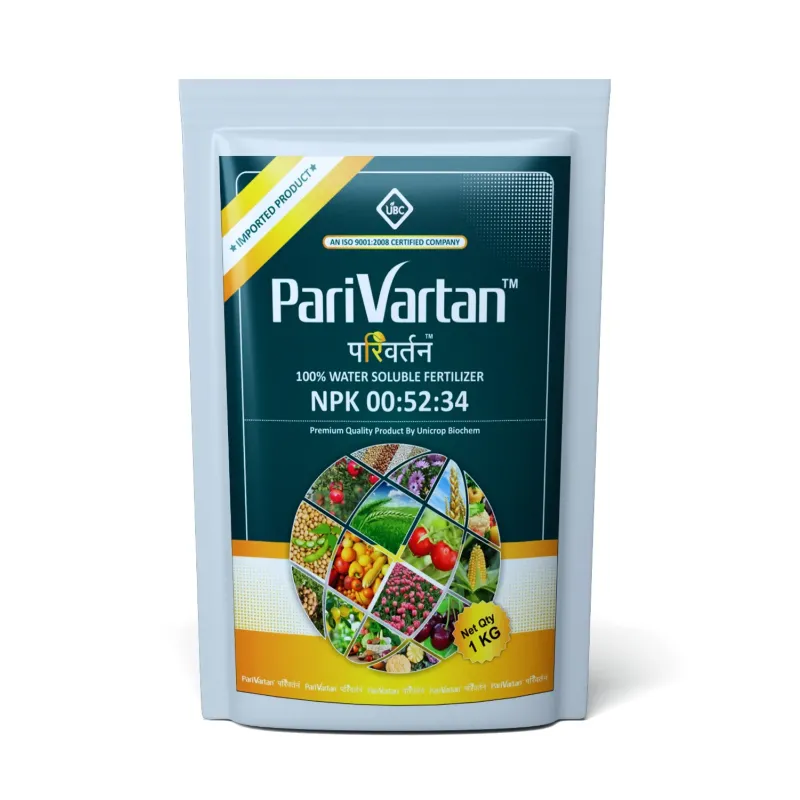



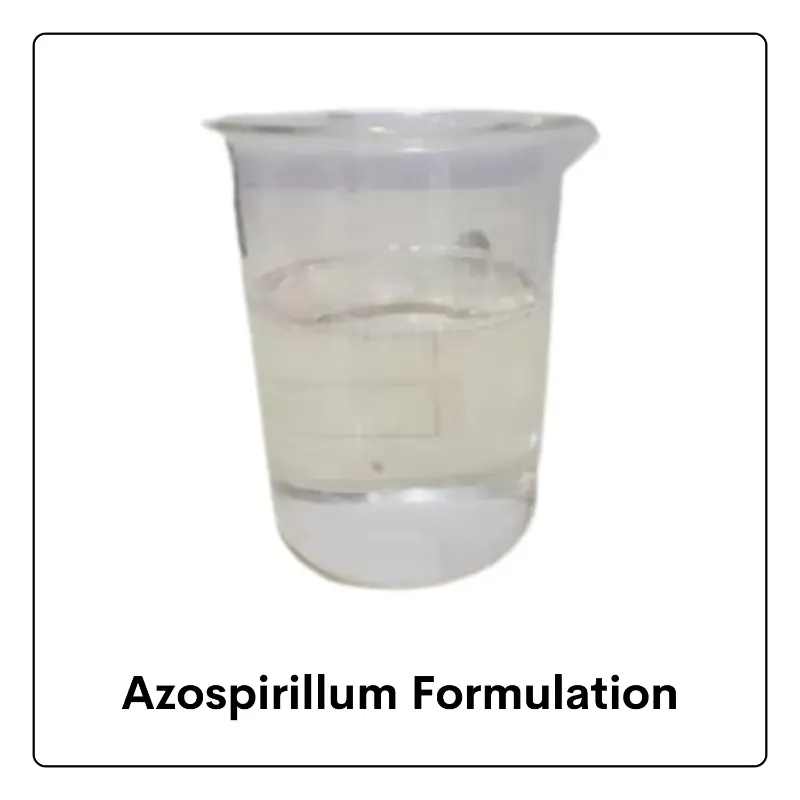
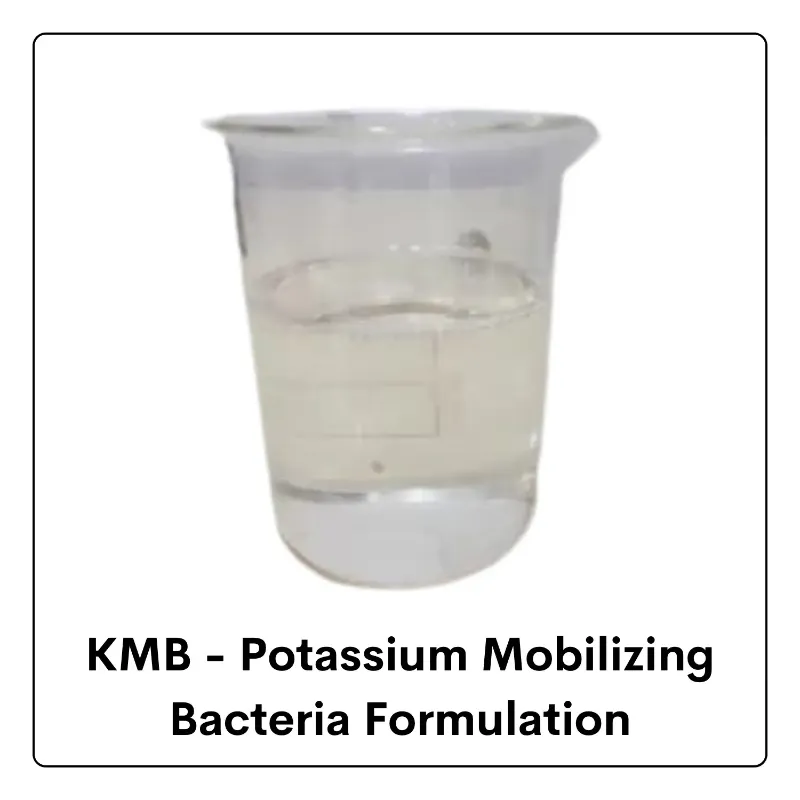

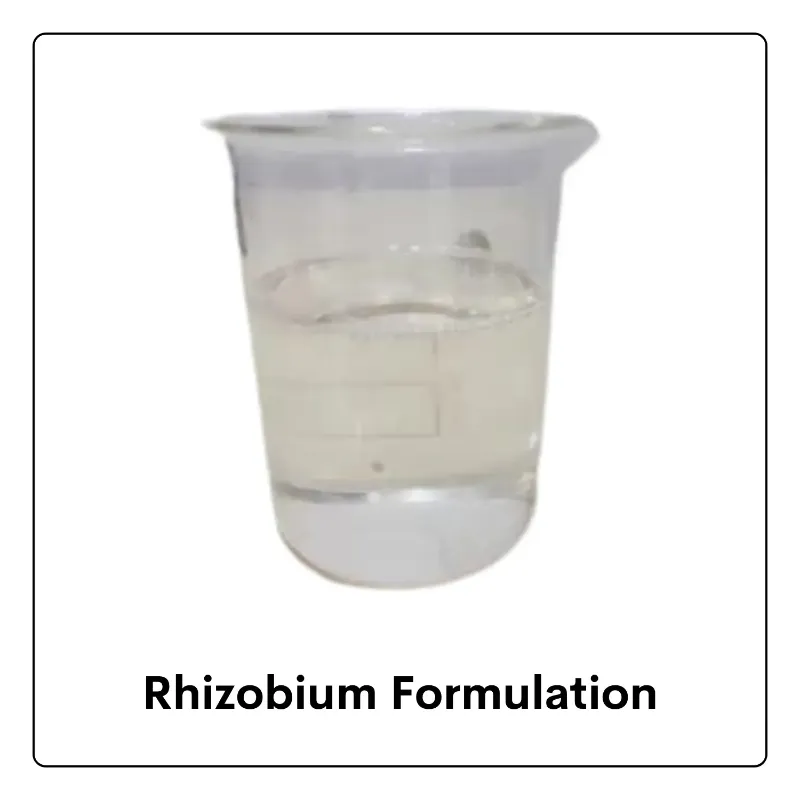
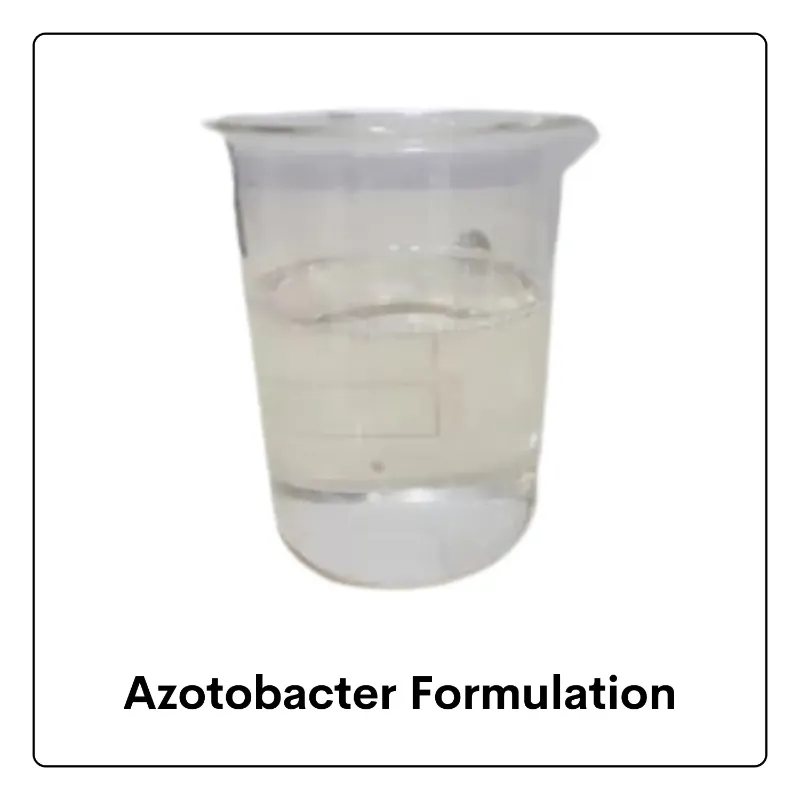



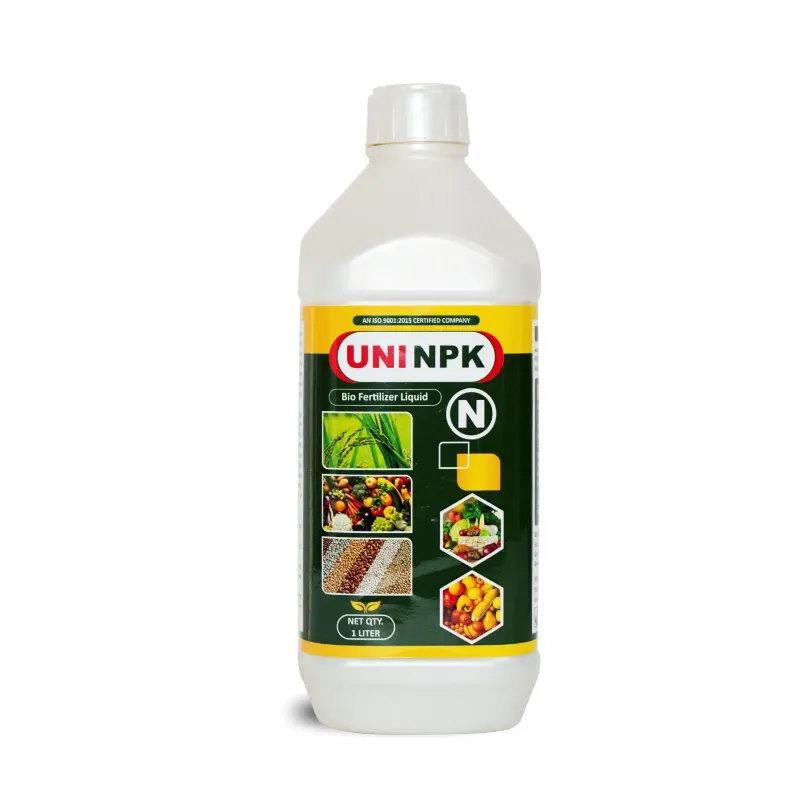

Login To Comment